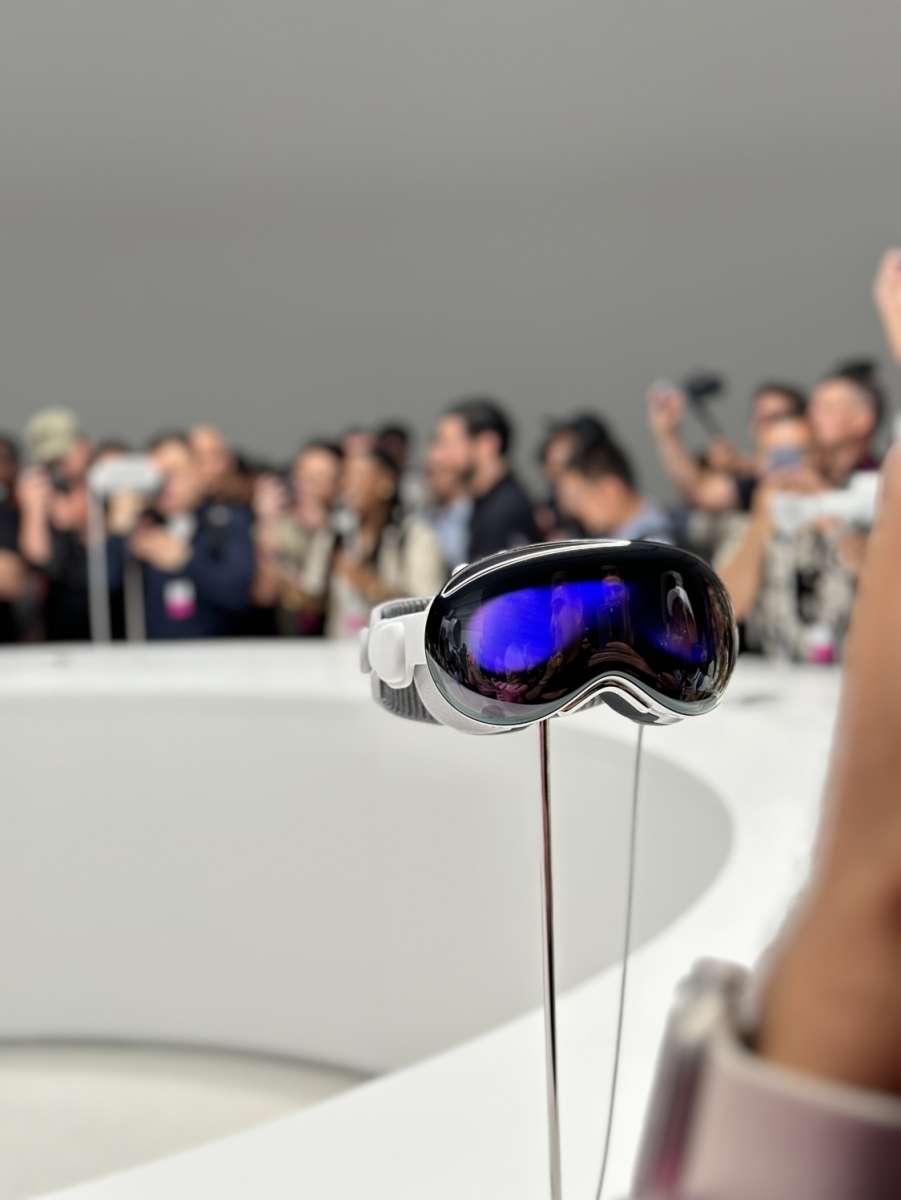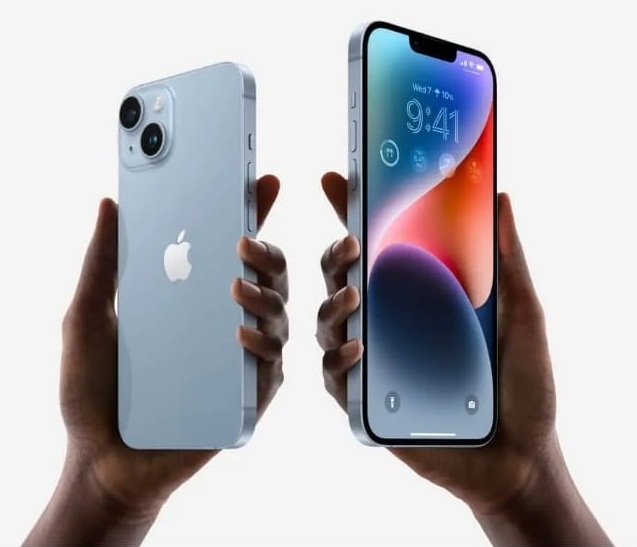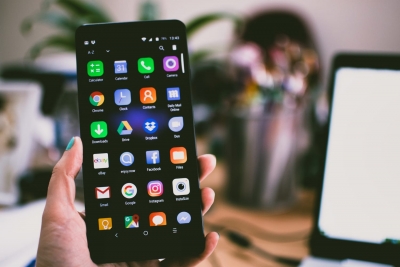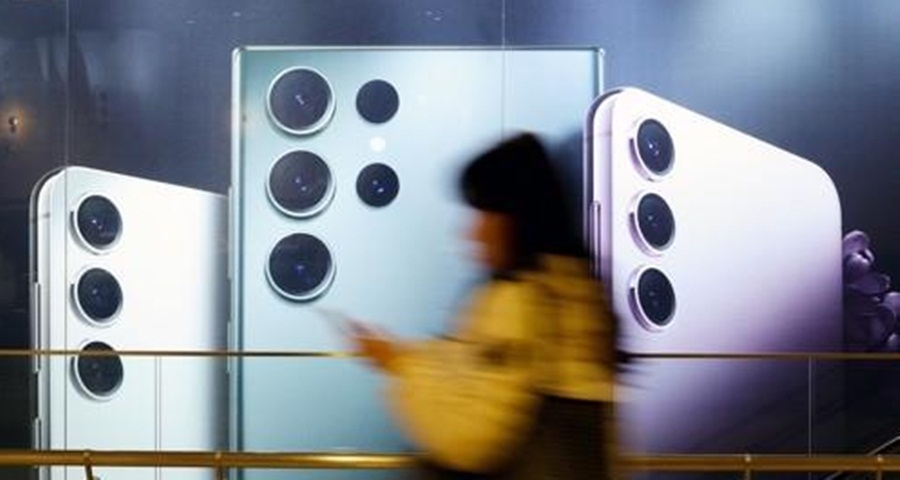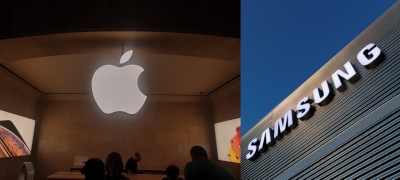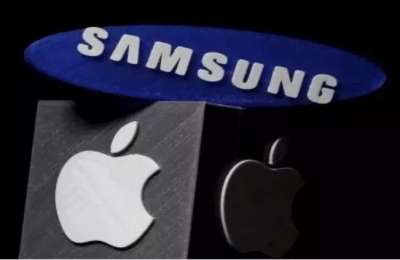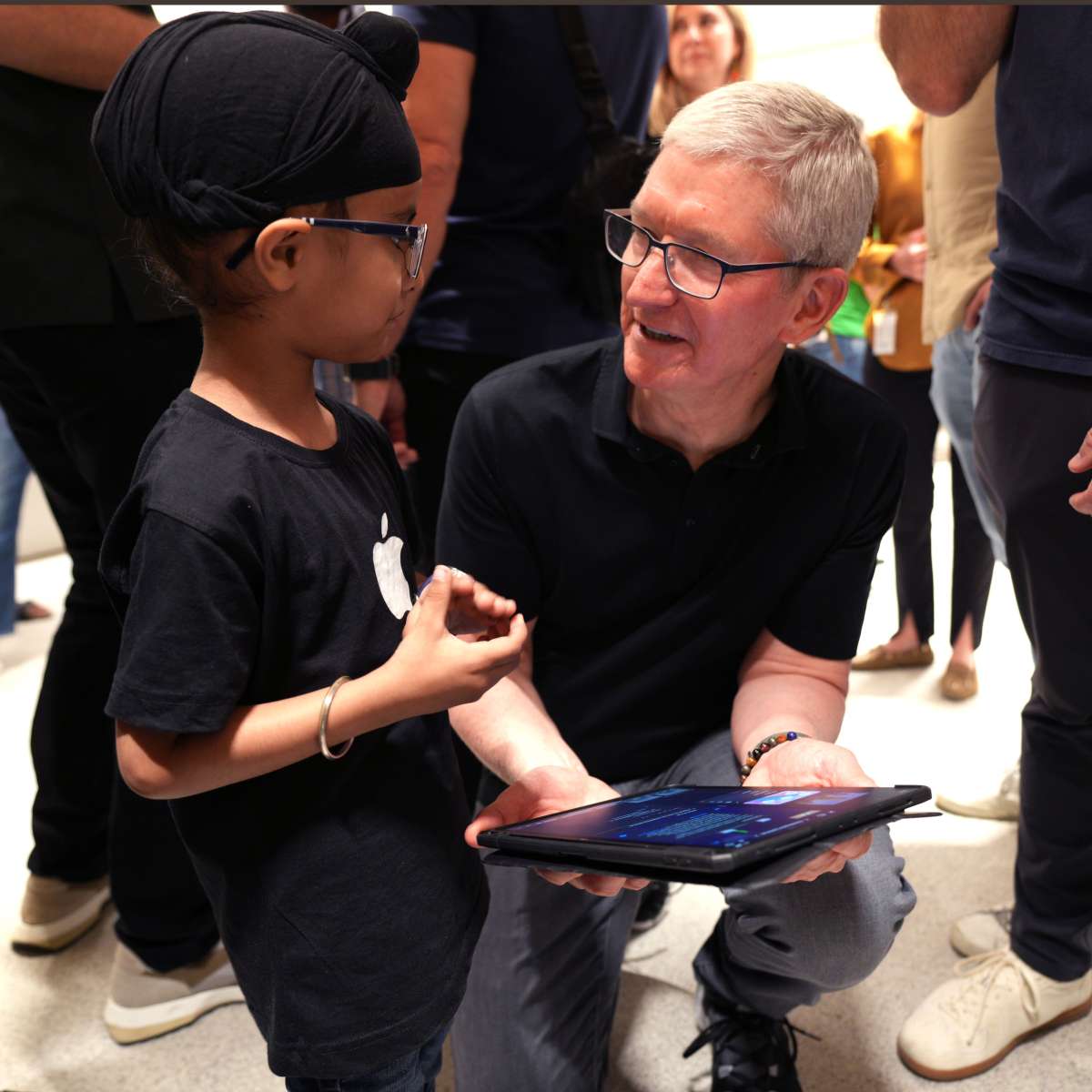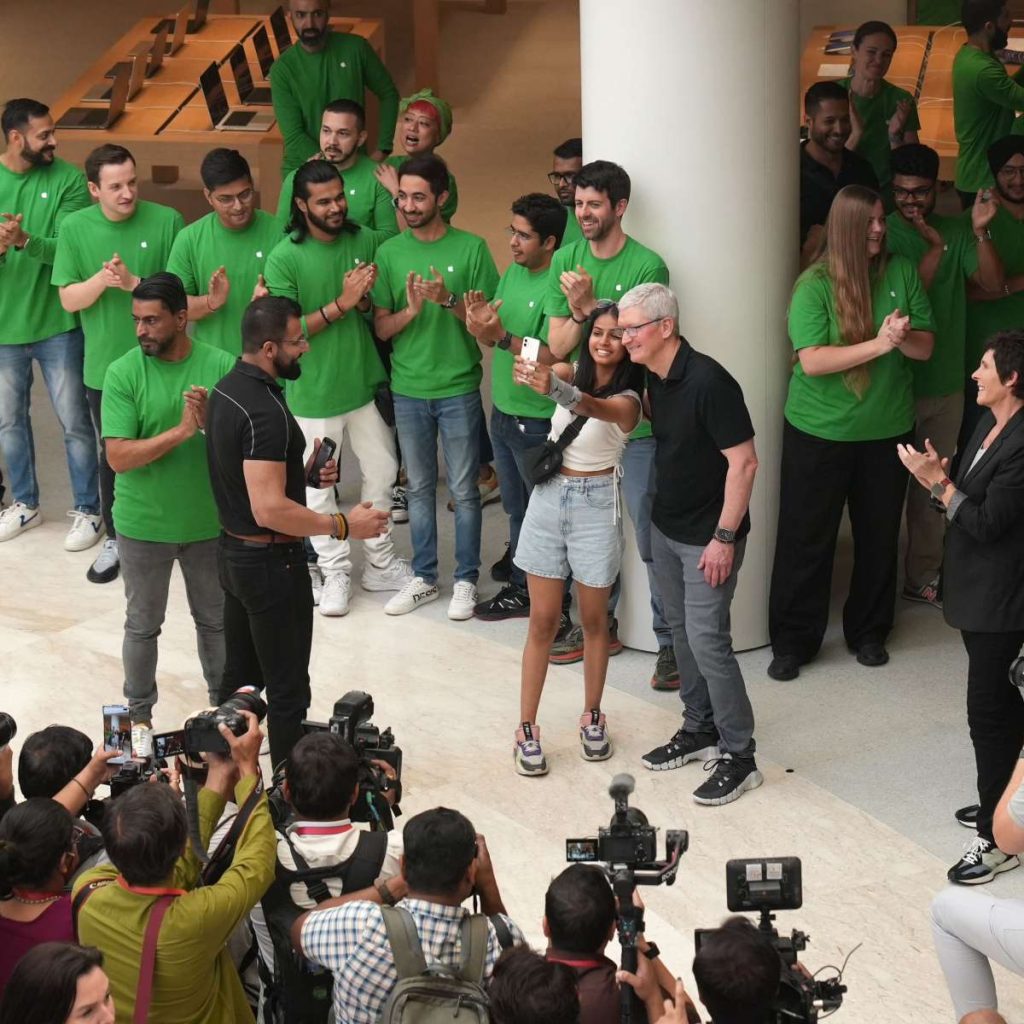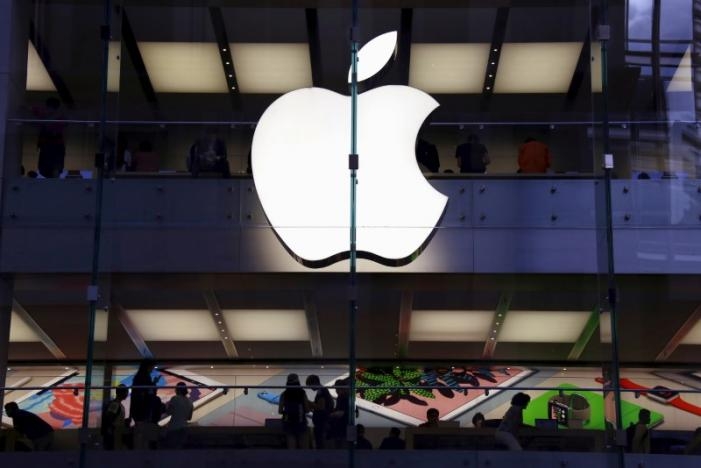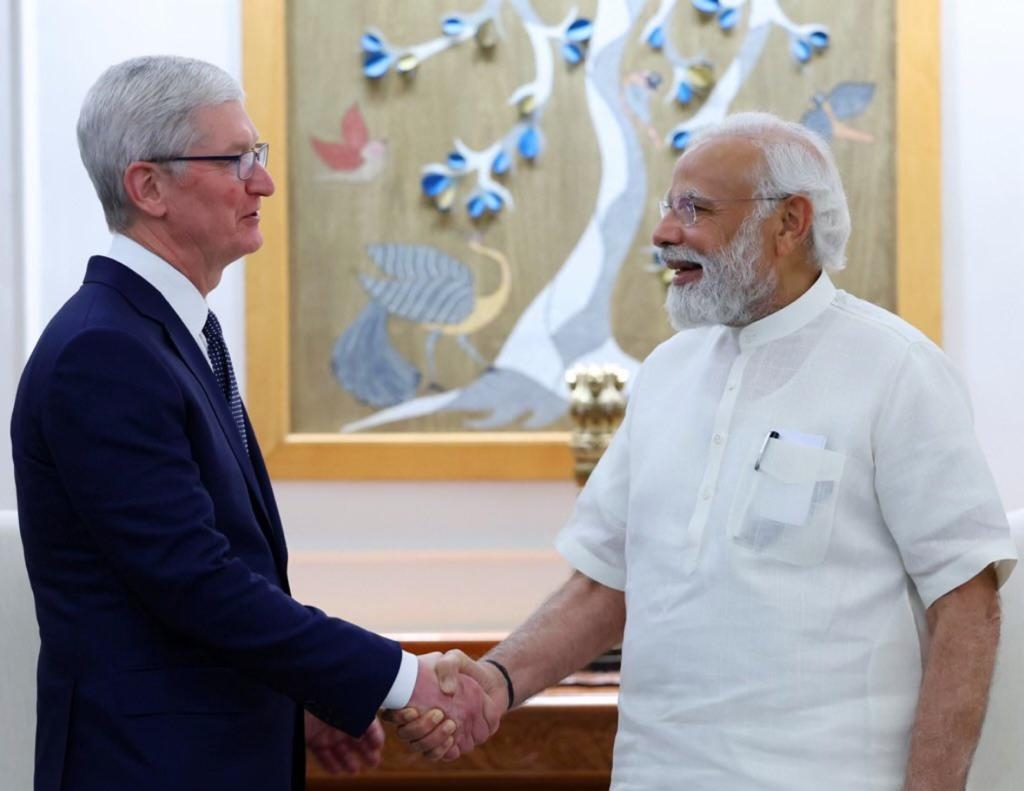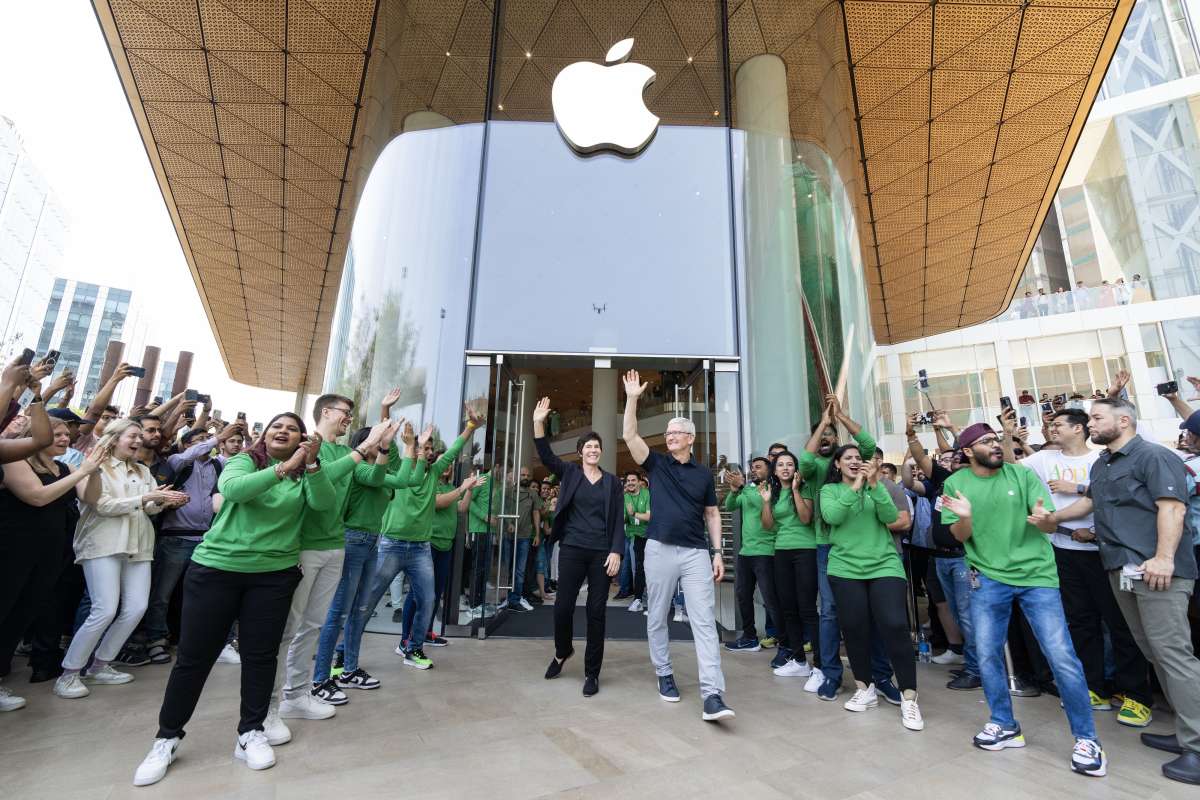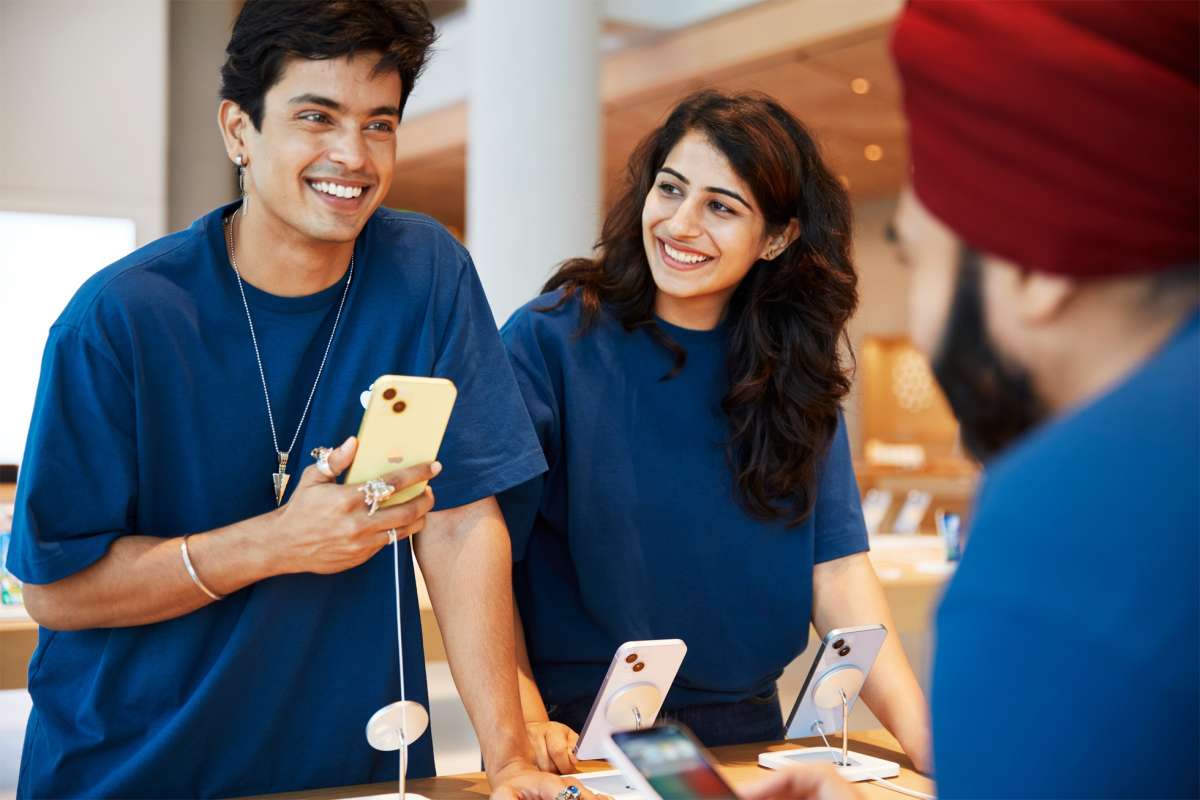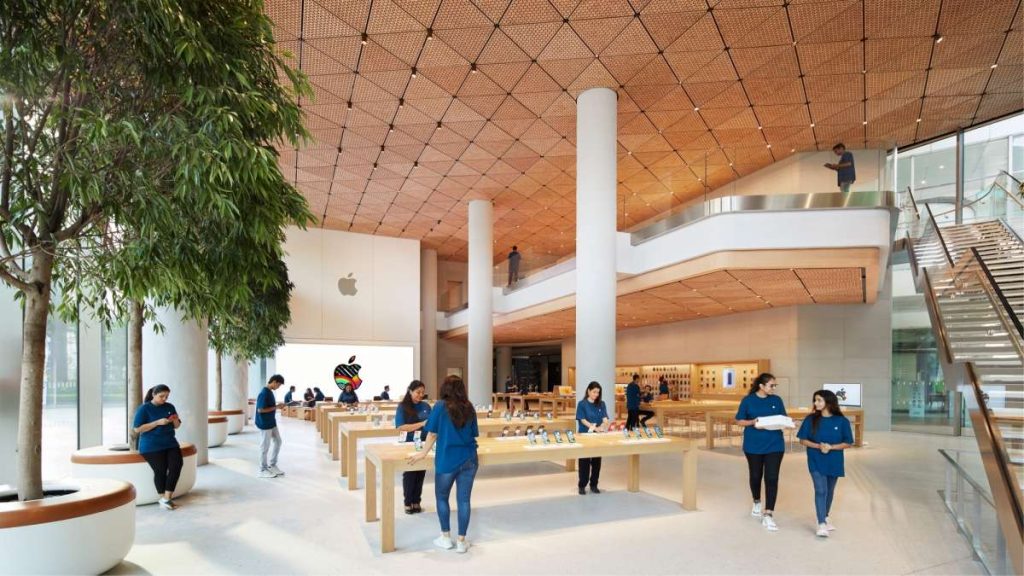Priced at $3,499, Apple Vision Pro will be available early next year, beginning with the US…reports Asian Lite News
Apple on Monday took on Meta’s multi-billion dollar dream as the iPhone maker entered the era of augmented/virtual reality (AR-VR) by launching ‘Vision Pro’ headset that seamlessly blends digital world with the real one around us.
Priced at $3,499, Apple Vision Pro will be available early next year, beginning with the US.
Vision Pro introduces a fully three-dimensional user interface controlled by a user’s eyes, hands, and voice.
Featuring visionOS, the world’s first spatial operating system, Vision Pro lets users interact with digital content in a way that feels like it is physically present in their space.
“Today marks the beginning of a new era for computing,” said Tim Cook, Apple’s CEO.
“Built upon decades of Apple innovation, Vision Pro is years ahead and unlike anything created before – with a revolutionary new input system and thousands of groundbreaking innovations,” Cook added.
The design features an ultra-high-resolution display system that packs 23 million pixels across two displays, and custom Apple silicon in a unique dual-chip design to ensure every experience feels like it’s taking place in front of the user’s eyes in real time.
With two ultra-high-resolution displays, Apple Vision Pro can transform any space into a personal movie theater with a screen that feels 100 feet wide and an advanced Spatial Audio system, according to the company.
Apple Vision Pro also features EyeSight, that helps users stay connected with those around them.
When a person approaches someone wearing Vision Pro, the device feels transparent – letting the user see them while also displaying the user’s eyes.
When a user is immersed in an environment or using an app, EyeSight gives visual cues to others about what the user is focused on.
“These groundbreaking innovations are powered by Apple silicon in a unique dual-chip design,” said Apple.
M2 delivers unparalleled standalone performance, while the brand-new R1 chip processes input from 12 cameras, five sensors, and six microphones to ensure that content feels like it is appearing right in front of the user’s eyes, in real time.
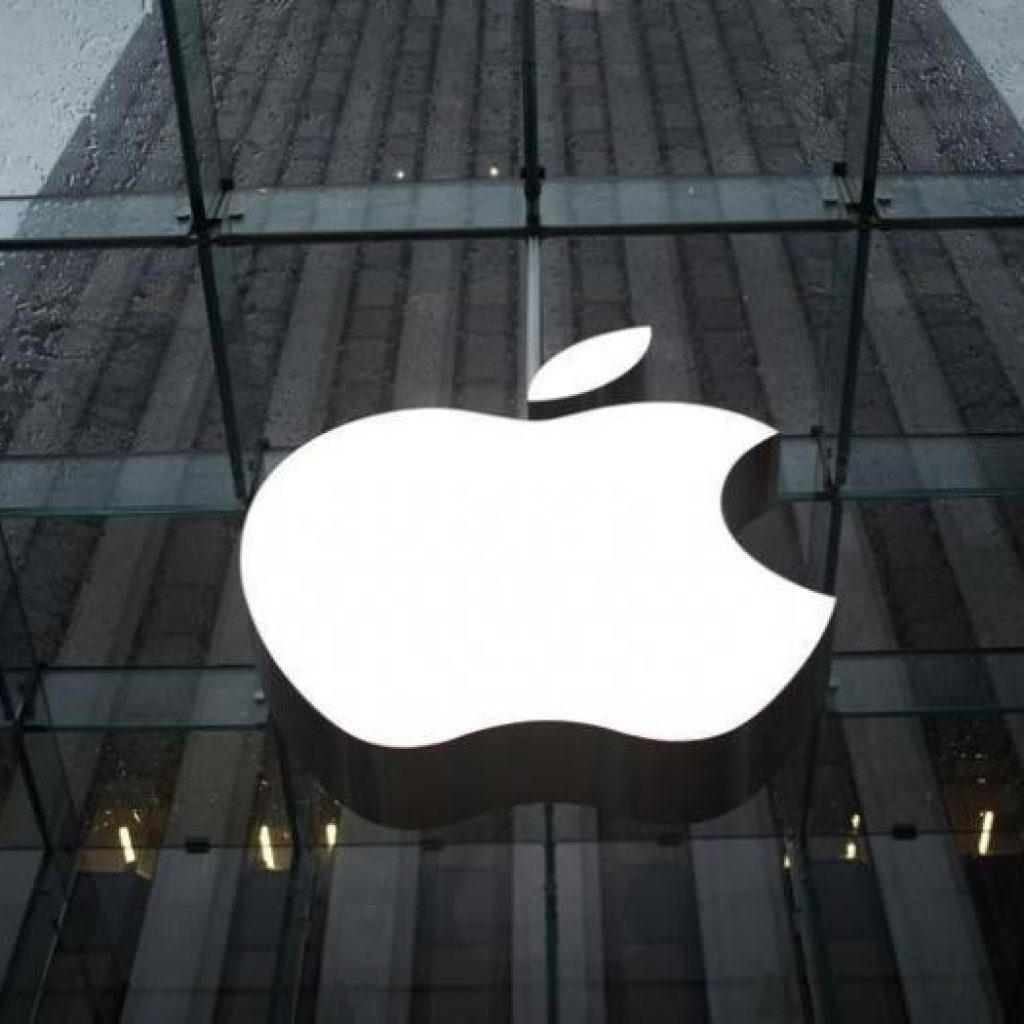
Apple buys AR startup Mira
Apple has acquired augmented reality (AR) headset startup Mira for an undisclosed amount, as the company launched its $3,499 Vision Pro AR headset.
According to The Verge, Apple has hired at least 11 of Mira’s employees as part of the acquisition.
The report cited a private Instagram post by Mira CEO Ben Taft.
“Excited for Mira’s next chapter, at Apple. Seven year journey from dorm room to acquisition,” the post read.
Apple has confirmed the acquisition.
“Apple buys smaller technology companies from time to time, and we generally do not discuss our purpose or plans,” the company said in a statement.
Based in Los Angeles and founded by Taft in 2016, Mira had been making AR headsets for customers including Universal Studios for attractions at its Nintendo World theme parks.
Jony Ive, Apple’s former product designer, was once an advisor to Mira, according to the report.
Apple has entered the era of augmented/virtual reality (AR-VR) by launching ‘Vision Pro’ headset that seamlessly blends the digital world with the real one around us.
Priced at $3,499, Apple Vision Pro will be available early next year, beginning with the US.
Vision Pro introduces a fully three-dimensional user interface controlled by a user’s eyes, hands, and voice.
Featuring visionOS, the world’s first spatial operating system, Vision Pro lets users interact with digital content in a way that feels like it is physically present in their space.
Apple Vision Pro also features EyeSight, that helps users stay connected with those around them.

